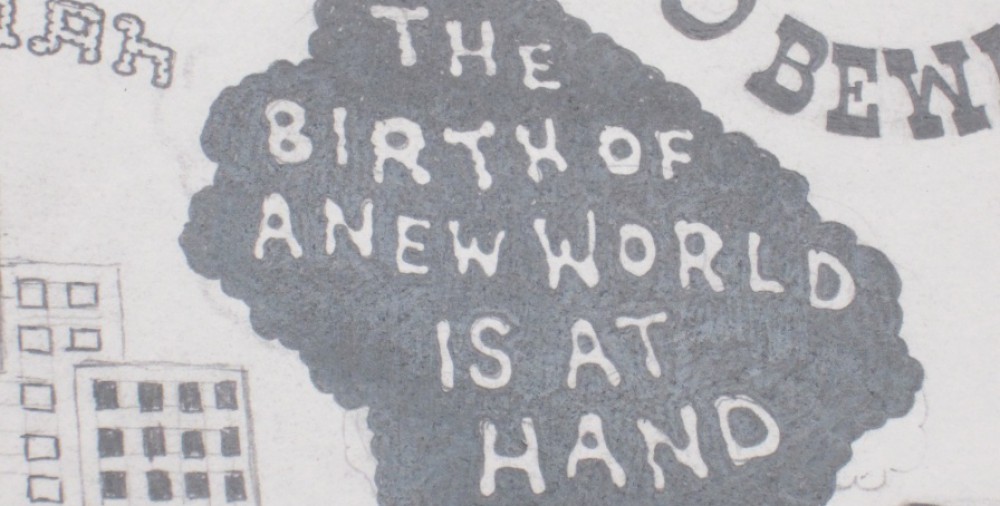We’re introduced to We through diary entry posts made by the character D-503. After the first few entries it is quite noticeable that We is similar to Brave New World. We see similar values between the two “Long live the One State, long live the numbers, long live the Benefactor!” (Zamyatin 2). Through this quote we are able to see that what is valued in the One State are the numbers. Like in Brave New World we know that when people are seen as mere numbers individuality is something that doesn’t exist.
As we read more into the entries we get a closer look at the character D-503. Which in the beginning seems to abide by the One State values and agree with them. He seems to disagree with the values we the “ancestors” have today. He says “After all, no matter how limited their intelligence, they should have understood that such a way of life was truly mass murder” (Zamyatin 13). He definitely considers the way that we live life also something that kills us. Unlike in Brave New World the numbers within We are aware of their history. Like in Brave New World there is also a mention of Shakespeare. D-503 mentions it being fortunate that the ages in which Shakespeares existed are gone.
D-503 soon meets I-330 which take D-503 to the Ancient House. D-503s reaction to the Ancient house was very similar to that of Leninas when visiting the Savage Reservations. D-503 explains the encounter of an old wrinkly women and he says “It seemed incredible that she would still be able to speak” (Zamyatin 25). Like Lenina surprised that Linda looked the way she did the character D-503 was astonished at that this old woman could speak. On the other hand I-330 seems to be intrigued by the Ancient House. We then are able to see that the character I-330 can be considered an “other” just like Bernard in Brave New World.
After what occurs at the Ancient House D-503 seems inclined to report it to the Office of the Guardians. He fails to do this as wee see him get sick and actually have dreams after visiting the Ancient House. I-330 seems to be influencing D-503 to do things that go against the value of the One State. D-503 says “I was stealing my services from the One State, I was a thief, I saw myself under the Benefactor’s machine” (Zamyatin 73). D-503 feels as if he’s going against the values of the One State and that he is stealing from the One State. Yet he still continues on to do what he does.
After not seeing the character I-330 for a few days D-503 is feeling sick and they check him and say that he has developed a soul. The fix to this I believe is for him to be killed as they ask him “…would you consent to being preserved in alcohol?” (Zamyatin 90). They then say “Number D-503 is the Builder of the Integral, and I am sure it would interfere with…” (Zamyatin 90). Through this sentence we are able to tell that D-503 can’t be killed as he is the chief who is in charge of building the Integral which is considered a huge advance for society.



